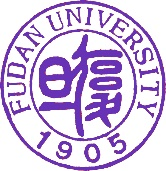
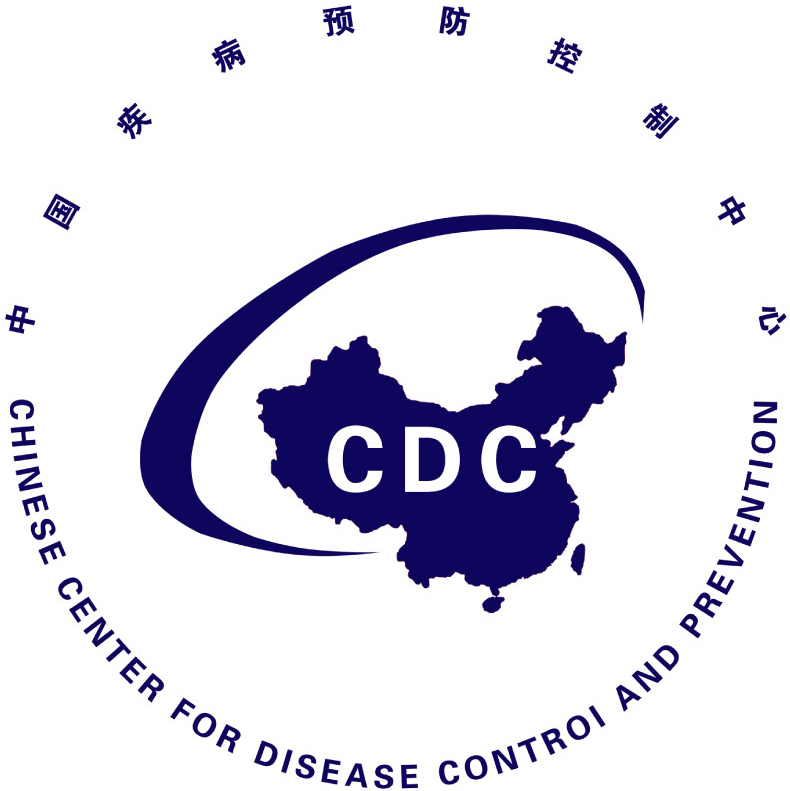
The 5th International Workshop on Rotavirus and Norovirus in China
May 8-10, 2024 Shanghai, China
Rotavirus was recognized as the most important pathogen causing estimated 600,000 deaths each year, mostly in developing countries and millions of hospitalization worldwide before rotavirus vaccines were introduced. Diarrhea has been one of the most common diseases among young children in China. However, before 1990s, rotavirus was not a known cause and was not recognized as a public health problem in China. China CDC, with the support of US CDC, the Program for Appropriate Technology in Health (PATH) supported by the Bill and Melinda Gates Foundation, WHO, and pharmaceutical companies -- Merck and GSK, started a sentinel surveillance network and was a founding member of the Asian Rotavirus Surveillance Network, a group of 9 countries in Asia involved in hospital-based surveillance of rotavirus and characterization of rotavirus strains. The data from the sentinel surveillance clearly identified rotavirus as a major cause of severe diarrhea, with a detection rate of 41% among children hospitalized for diarrhea in China, which is near the median level observed in the 9 countries of the region. The disease has a distinct seasonality, peaks from October to March each year, and occurs mostly in infants under 2 years of age. All children were infected with rotavirus in the first 5 years of life and this infection was responsible for an estimated 30,000 deaths each year, making it a major public health problem in China.
To further enhance surveillance efforts and promote vaccine R&D in China, Mr. Fang Zhaoyin in China CDC and Dr. Glass I, Roger in US CDC, convened a meeting in Beijing to discuss “The Future of Rotavirus Vaccines in China” on October 24-25, 2003, in partnership with PATH and other organizations. The event was a landmark since it was the first workshop on rotavirus and rotavirus vaccines to be held in China. The meeting was attended by 23 foreign experts including scientists from PATH, representatives of international manufacturers (GSK and Merck) involved in rotavirus vaccine development, 62 Chinese participants from the national and regional CDCs, Chinese MoH, and SFDA, senior pediatricians, and representatives of 5 Chinese vaccine manufacturers. The goal of the meeting was to review rotavirus epidemiology and disease burden, and discuss the need for a rotavirus vaccine in China, and the status of 4 rotavirus vaccines development abroad and the Lanzhou Lamb Rotavirus vaccine (LLR), which was licensed for use in private market in China.
After successful 1st workshop in Beijing, China CDC and US CDC co-convened the 2nd and 3rd International Workshop on Rotavirus Vaccine in China in Beijing in July 2005 and in Kunming in December 2008, respectively. These workshops had open sessions on rotavirus and rotavirus vaccine, and a closed session with each manufacturer. Open sessions reviewed the epidemiology and disease burden of rotavirus globally, nationally, and regionally; rotavirus vaccine development: past, present and future; and regulatory and manufacturing issues for rotavirus vaccines. These workshops helped the R&D and application of rotavirus vaccines. Closed sessions helped facilitate discussion and exchange of ideas among international experts and representatives of the SFDA, China CDC and the Chinese immunization community on issues related to vaccine development, regulatory pathways, approaches to clinical trials, and strategies to get international support and technology transfer. The international community saw China’s development of safe and effective rotavirus vaccines as both a priority for public health in China and a step to making adequate supplies of inexpensive, safe and effective vaccines available for distribution to UNICEF, the international community, and the developing world.
After an eight-year hiatus, the 4th International Workshop on Rotavirus Vaccine in China (the 1st International Workshop on Gastroenteritis Viruses in China) was held September 14 - 15, 2017, at the Fenglin Campus, Fudan University, Shanghai, China. It was convened by Fudan University, China and US CDC. A distinctive feature was that norovirus was added firstly to the agenda. One hundred sixty-one participants from 6 countries, including representatives from US CDC, PATH and the Bill & Melinda Gates Foundation. During the two-day workshop, participants reviewed the latest advances on epidemiology, virology and vaccine R&D and had intensive discussion on research agenda of rotavirus and norovirus in China and elsewhere.
Over the past six years, significant progress has been made in the epidemiology and vaccine research of rotavirus and norovirus in China. For instance, couple of live reassortant rotavirus vaccines were licensed, including RotaTeq (Merck Vaccines, USA) and RotaLan (Lanzhou Institute of Biological Products Co., Ltd). In addition, five parenteral rotavirus and three norovirus vaccine candidates advanced to different stages of clinical trials. Furthermore, the use of rotavirus vaccines increased from 4 million doses in 2017 to 14 million doses in 2022, which approached a coverage of ~25% in infants. Therefore, it is timely to re-evaluate the status of rotavirus and norovirus prevention and control in China and the world. This upcoming workshop will focus on the introduction, implementation and post-licensure impact evaluations of rotavirus vaccines worldwide. We will also review and discuss new vaccines and technologies under development to control and prevent acute gastroenteritis caused by rotavirus and norovirus.
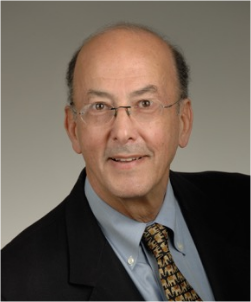
Roger I. Glass, MD, PhD became President of CMB on April 15, 2023. He brings to this role four decades of experience in global health, including leadership roles in public service, research, capacity building, and international collaboration.
Dr. Glass graduated from Harvard College in 1967, received a Fulbright Fellowship to study at the University of Buenos Aires in 1967, and received his MD from Harvard Medical School and his MPH from the Harvard School of Public Health in 1972. He received his PhD in Medical Microbiology from the University of Goteborg, Sweden in 1984. Dr. Glass spent much of his career at the U.S. Centers for Disease and Prevention (CDC), starting as a medical officer assigned to the Environmental Hazards Branch in 1977. On secondment from CDC, he worked as a Scientist at the International Center for Diarrheal Disease Research, Bangladesh from 1979-1983. In 1984, he joined the National Institutes of Health Laboratory of Infectious Diseases, where he worked on the molecular biology of rotavirus. In 1986, Dr. Glass returned to the CDC to become Chief of the Viral Gastroenteritis Unit at the National Center for Infectious Diseases.
Most recently, Dr. Glass served as the longest-serving Director of the Fogarty International Center (2006-2023) and as the Associate Director for International Research at the U.S. National Institutes of Health (NIH). At the Fogarty International Center, he led efforts to support and facilitate global health research conducted by U.S. and international investigators, building partnerships between health research institutions in the United States and abroad, and training the next generation of scientists to address global health needs.
Dr. Glass's research interests include the prevention of gastroenteritis from rotaviruses and other agents through the application of novel scientific research. He has maintained field studies in India, Bangladesh, Brazil, Mexico, Israel, Russia, Vietnam, China and elsewhere. His research has been targeted toward epidemiologic studies to anticipate the introduction of rotavirus vaccines. He has co-authored more than 600 research papers and chapters.
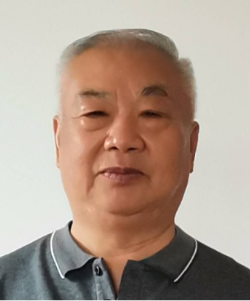
Mr. Fang was born on November 24, 1941, in Taizhou, Jiangsu Province. He was a former director of the Division of Viral Diarrhea at the Institute of Viral Disease Prevention and Control, China CDC.
Mr. Fang graduated from Peking University in 1965, received his bachelor's degree on Biophysics, and received his M.Sc. on Biophysics also from Peking University in 1968. He joined the Chinese Academy of Medical Sciences/Chinese Academy of Preventive Medicine in 1968 as an Junior Research Fellow, Research Associate (1980), Associate Research Scientist (1987) , Research Scientist (1992). In 2002, the Chinese Academy of Preventive Medicine was renamed the Chinese Center for Disease Control and Prevention, and Mr. Fang served as Research Scientist until his retirement in 2006. Between 1980 and 1982, he studied in the Hershey Medical Center in Pennsylvania as postdoctoral fellow. Subsequently, he spent three years in the Centers for Disease Control and Prevention, USA between 1988 and 1990, served as Visiting Scientist.
Mr. Fang's research interests are in the prevention of viral gastroenteritis, mostly focus on rotaviruses
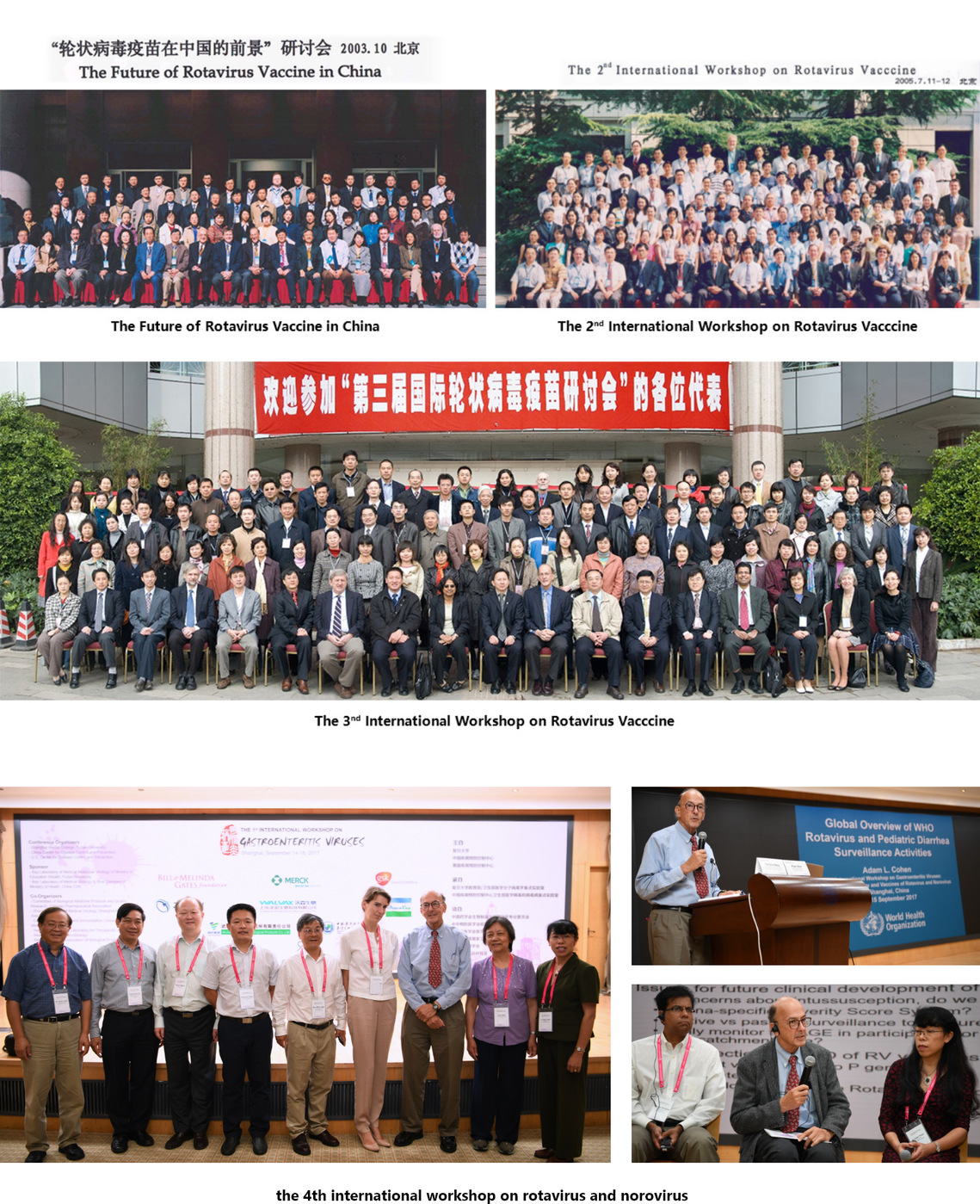
Dr. Yu Kong
Email: Kongyu@Fudan.Edu.Cn
Mobile: 15801735741